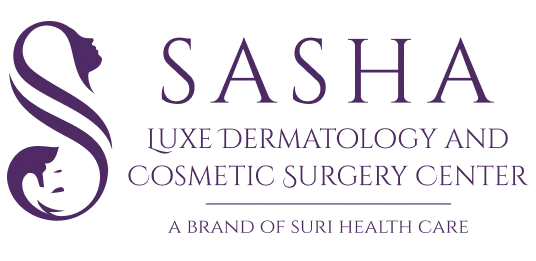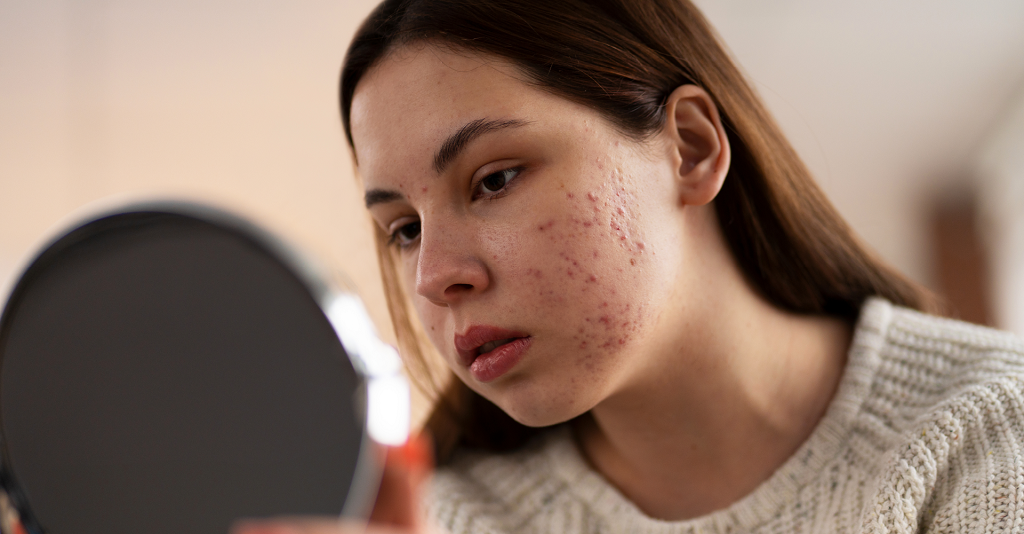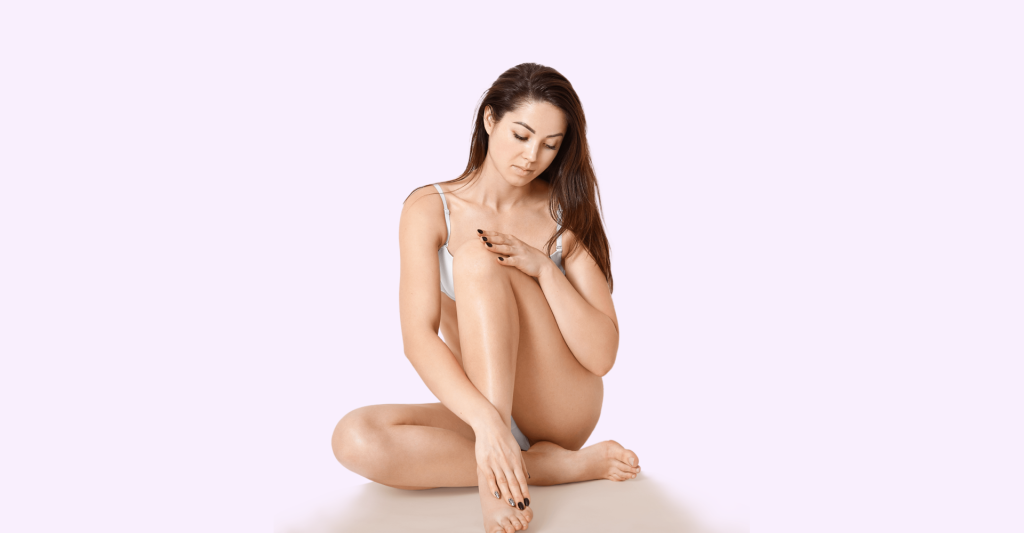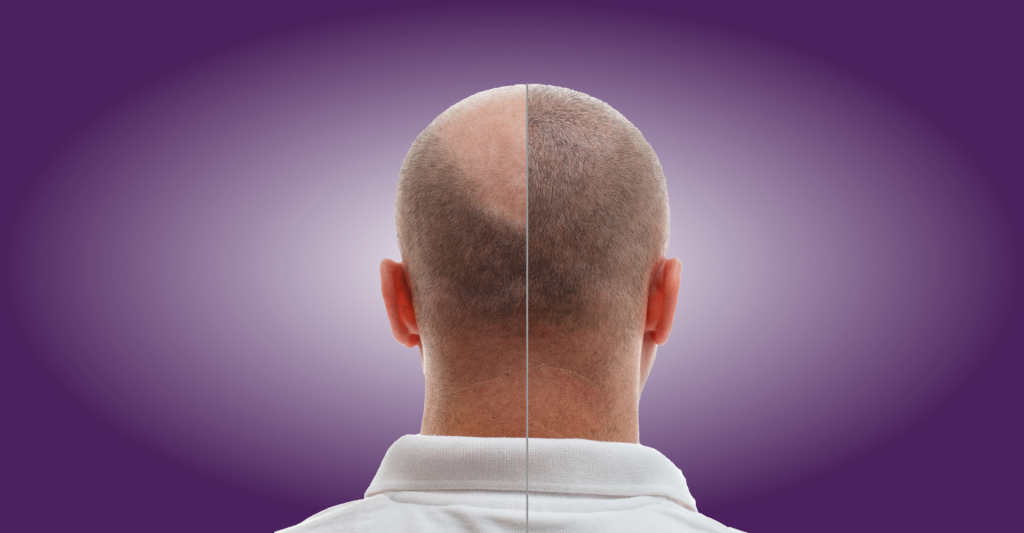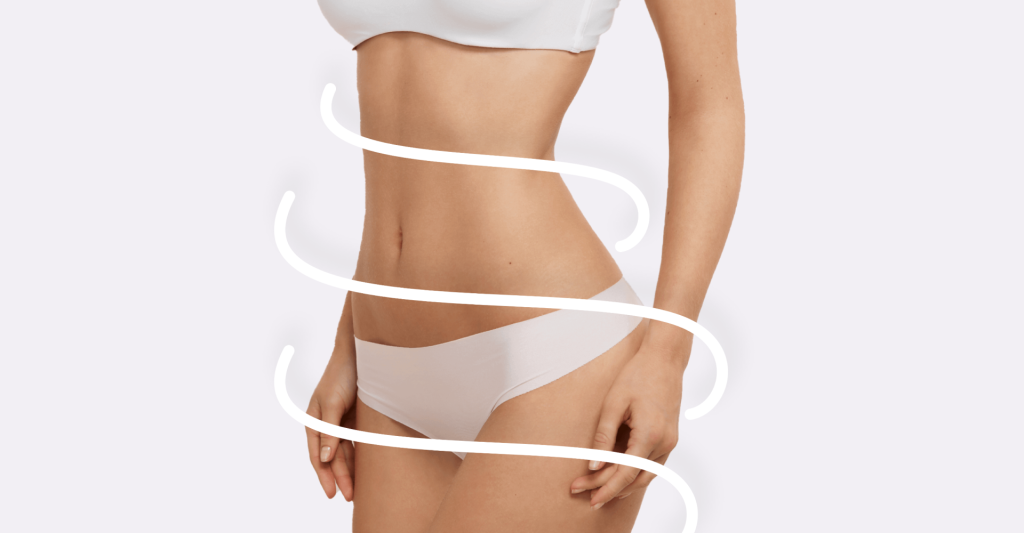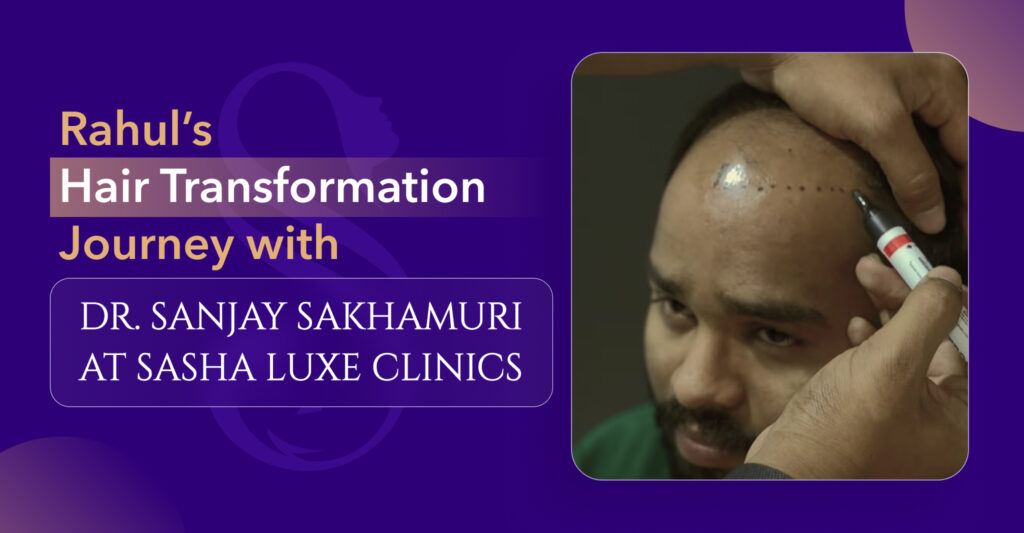During the menstrual cycle, a woman’s body undergoes numerous changes. This is due to changing amounts of the oestrogen and progesterone hormones. Hormonal variations include mood swings, cramping, bloating, and menstrual acne. Here’s an ultimate guide to understanding and managing period-related acne.
What is Period Acne?
Period acne, also known as hormonal acne, is a common skin issue that occurs due to hormonal fluctuations in the menstrual cycle. These fluctuations can increase oil production, clogged pores, and inflammation, resulting in breakouts.
Hormonal acne is persistent in women after puberty, particularly in adults. Hormonal acne can occur in a predictable pattern just before, during, or after a menstrual period. Hormonal acne is similar to regular acne but can cause deeper nodules and long cysts. Hormonal acne appears on the chin, jawline, and around the mouth. Acne caused by hormones can also affect the entire face and back.
Understanding Hormonal Acne
Hormonal Fluctuations: Hormones like estrogen and progesterone rise and fall throughout the menstrual cycle. Right before menstruation, there’s an increase in androgen hormones, which can trigger excess oil production and acne.
Location: Hormonal acne often appears on the lower face, including the jawline, chin, and around the mouth. This distribution sets it apart from other types of acne.
Inflammation: Hormonal fluctuations can lead to increased inflammation in the skin, making acne lesions appear redder and more painful.
What Does Period Acne Look Like?
During your period, acne breakouts appear as red, inflamed, elevated, and uncomfortable lumps. Such eruptions are widespread on the cheeks, chin, and neck, among other places. Acne can develop into pustules in rare circumstances.
Hormonal acne does not always respond completely to acne medications such as topical retinoids and antibiotics. In some circumstances, hormonal acne does not respond well to isotretinoin (Isotretinoin/Accutane) treatment. Hormonal acne is more likely to recur after a successful course of Roaccutane (Accutane). In addition to being difficult to treat, hormonal acne produces redness for extended periods of time, scarring, and pigmentation. Some varieties of hormonal acne cause many comedones to form on the sides of the face, particularly the temples, cheeks, and jawline. Hormonal acne frequently causes enlarged pores on the nose and cheeks.
Symptoms of Period-Acne
- Inflamed papules
- Redness
- Tenderness or pain
- Development of whiteheads on rare occasions
Where Does Period Acne Show Up?
Period acne may predominantly show up on the lower region of your face, which includes:
- Cheeks
- Around nose
- Chin
- Jawline
How to Get Rid of Period Acne?
- Know your skin type and always use skin products that are appropriate for it. This can aid in regulating the pH balance of your skin.
- Learn about your menstrual cycle and use rosewater as a toner a week before your menstruation date. This keeps sebum from clogging your skin pores.
- Avoid harsh skin care products and cosmetics that might cause skin irritation and inflammation.
- Always remove your makeup before going to bed.
- Keep your hands away from your face. It can transfer bacteria to your facial skin, causing acne breakouts. Always use clean hands when removing makeup or applying moisturizer to your face.
- Keep yourself hydrated and get enough sleep.
- Avoid as much as possible exposing your skin to UV rays. Always wear an excellent sunscreen lotion if you go out during the day.
- Always wash your face with an efficient herbal cleanser after an exercise or other activity that generates sweating. This prevents sweat and bacteria from accumulating in your skin pores.
- Consume plenty of fruits and freshly cooked vegetables high in zinc and other nutrients to help prevent period acne.
- Avoid causing skin irritation by wearing uncomfortable helmets with tight straps or collars.
- Take birth control pills as little as possible.
- Regularly do yoga and meditation to keep your stress under control.
When Should You See A Doctor For Period Acne?
Consult a dermatologist if your period of acne progresses to severe cystic acne or if you acquire dark patches on the back of your neck and other body areas during menstruation.
If you observe any of the following concerns in addition to period acne, you should see a gynecologist:
- Menstrual irregularities induced by PCOS (Polycystic ovary syndrome).
- Hair loss and thinning on the scalp and elsewhere on the body.
- Weight gain that is sudden or trouble losing weight.
Conclusion
Period difficulties are already difficult, and period zits exacerbate them. Maintaining a healthy diet and clean skin reduces the chance of mid-cycle acne. Pamper yourself, stay stress-free, and maintain a clean and healthy lifestyle. This practice will help you maintain hormonal balance. However, if the Acne gets too painful, consult a dermatologist immediately.
At Sasha Luxe, we analyze your skin problems, based on which our dermatologists provide you with long-term benefits.
